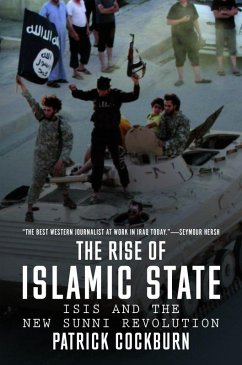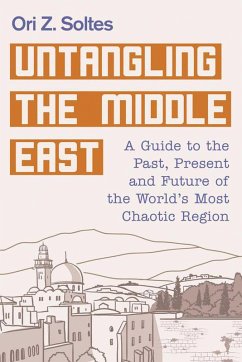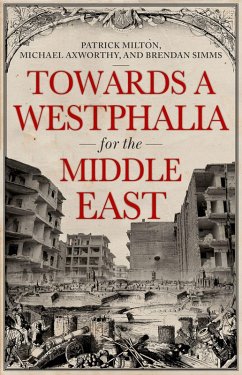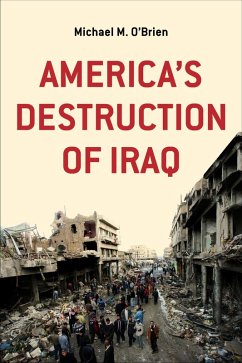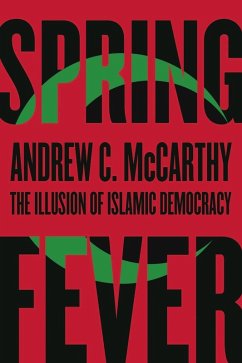
When Parliaments Ruled the Middle East (eBook, ePUB)
Iraq and Syria, 1946-63
Versandkostenfrei!
Sofort per Download lieferbar
42,95 €
inkl. MwSt.
Weitere Ausgaben:

PAYBACK Punkte
21 °P sammeln!
An essential study of parliamentary politics in postwar Iraq and Syria, before the consolidation of authoritarian rule under the Ba'th PartyWhen Parliaments Ruled the Middle East explores three main interrelated issues to clarify what happened between 1946 and 1963 in Iraq and Syria: how and why a parliamentary system prevailed in both countries in the aftermath of the Second World War; what social effects this system triggered, and, in turn, how these changes affected the system; and finally, why the elites in both countries were unable to overcome the unrest that brought an end to both a lib...
An essential study of parliamentary politics in postwar Iraq and Syria, before the consolidation of authoritarian rule under the Ba'th Party
When Parliaments Ruled the Middle East explores three main interrelated issues to clarify what happened between 1946 and 1963 in Iraq and Syria: how and why a parliamentary system prevailed in both countries in the aftermath of the Second World War; what social effects this system triggered, and, in turn, how these changes affected the system; and finally, why the elites in both countries were unable to overcome the unrest that brought an end to both a liberal era and to a certain kind of political game.
Drawing on a vast array of sources and rich archival research in French, English, and Arabic, Matthieu Rey highlights the processes of the parliamentary system in the modern era, which are very common to post-independence countries and to any representative regime. He tackles the intersection of multifaceted political phenomena that were present in that moment in Iraq and Syria, including regular elections, the implementation of emergency law, the freedom of the press, the open expression of opinions, the formation of new political parties, frequent military coups, and the joint exercise of power by members of the old classes and reformist newcomers.
Treating this period as neither an epilogue of the liberal order nor a prelude to authoritarianism, and stressing the contingent, improvisatory aspects of political history, Rey fundamentally questions the transitional nature of the period and in doing so proposes new ways and tools of examining it.
When Parliaments Ruled the Middle East explores three main interrelated issues to clarify what happened between 1946 and 1963 in Iraq and Syria: how and why a parliamentary system prevailed in both countries in the aftermath of the Second World War; what social effects this system triggered, and, in turn, how these changes affected the system; and finally, why the elites in both countries were unable to overcome the unrest that brought an end to both a liberal era and to a certain kind of political game.
Drawing on a vast array of sources and rich archival research in French, English, and Arabic, Matthieu Rey highlights the processes of the parliamentary system in the modern era, which are very common to post-independence countries and to any representative regime. He tackles the intersection of multifaceted political phenomena that were present in that moment in Iraq and Syria, including regular elections, the implementation of emergency law, the freedom of the press, the open expression of opinions, the formation of new political parties, frequent military coups, and the joint exercise of power by members of the old classes and reformist newcomers.
Treating this period as neither an epilogue of the liberal order nor a prelude to authoritarianism, and stressing the contingent, improvisatory aspects of political history, Rey fundamentally questions the transitional nature of the period and in doing so proposes new ways and tools of examining it.
Dieser Download kann aus rechtlichen Gründen nur mit Rechnungsadresse in A, D ausgeliefert werden.




